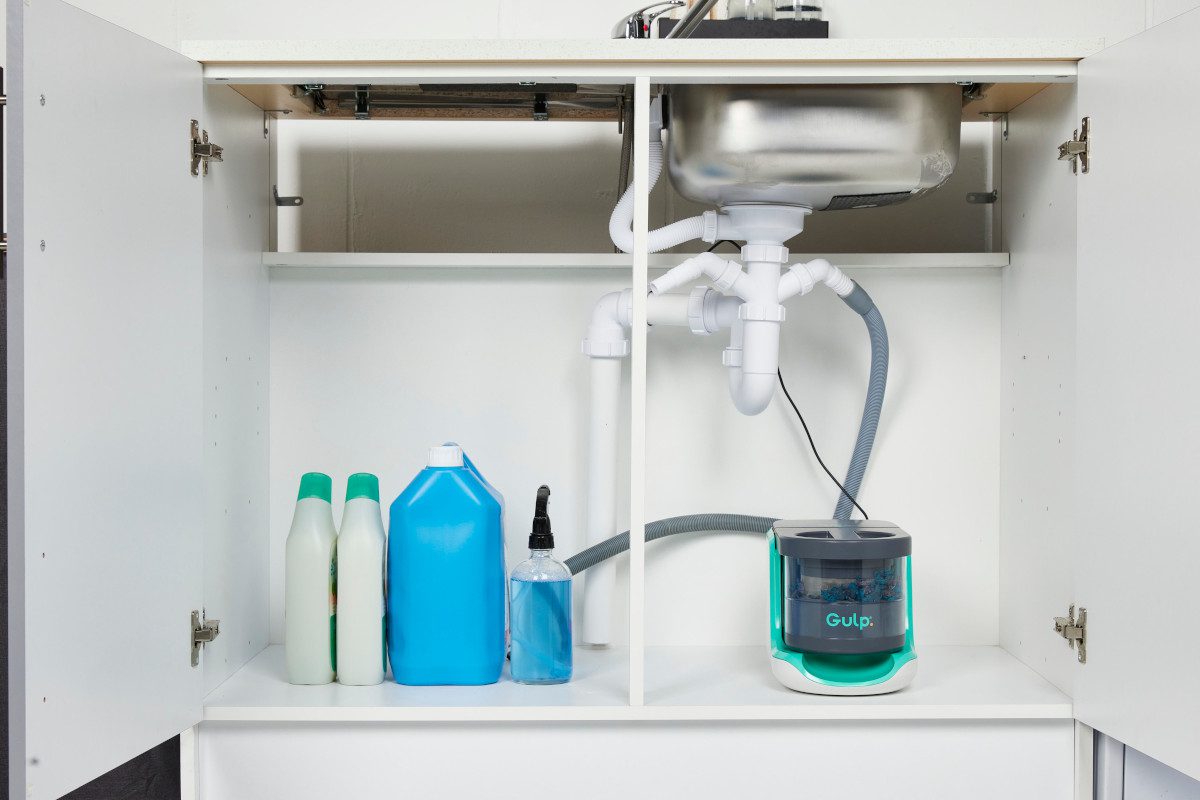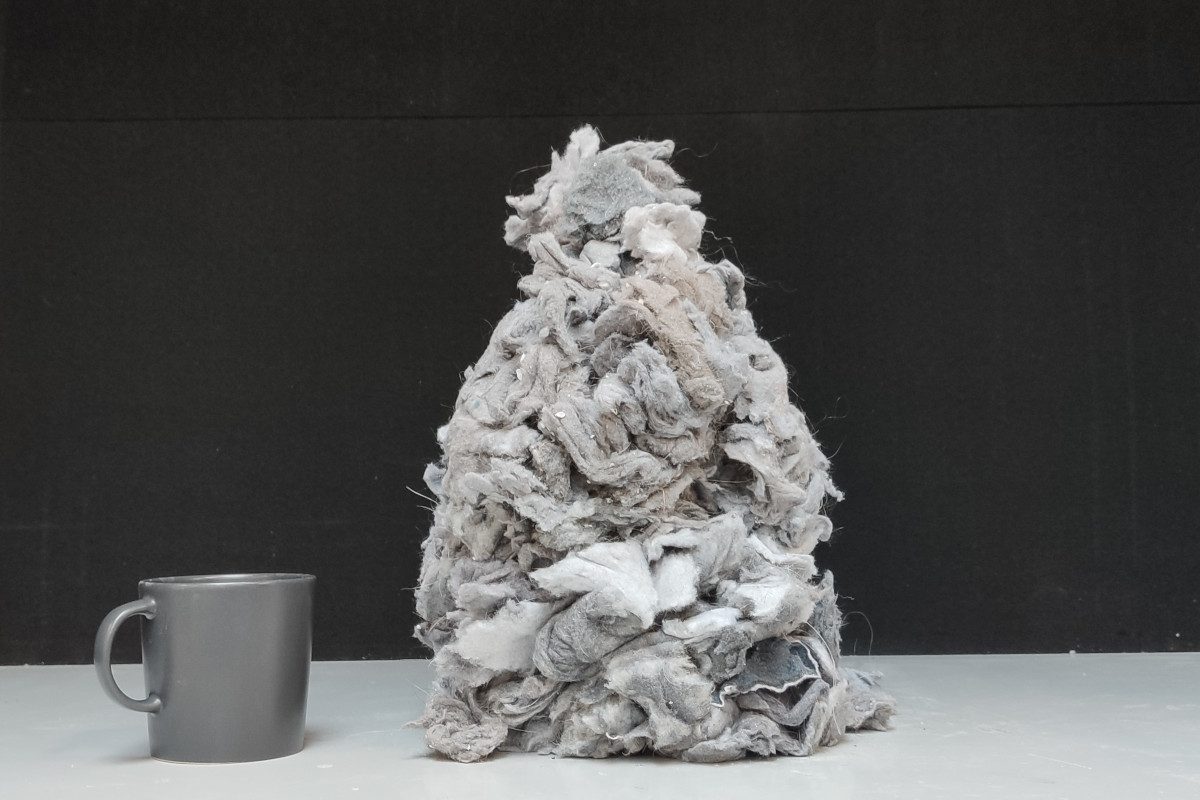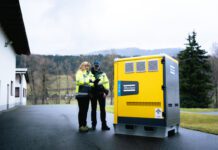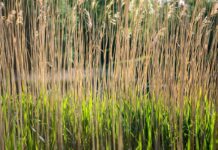
Bristol based microplastic technology company Matter is launching Gulp, “the first sustainable, long-lasting washing machine microfibre filter” on Kickstarter from 11 October.
The firm develops technology solutions for capturing, harvesting and recycling of microplastics, and says it is focused on “cradle-to-cradle solutions”, with a mission to stop microplastic pollution at source.
Why should we be concerned about microfibre pollution? As Matter explains:
- Today, 60% of all textiles are made from plastic fibres, which get washed into our waterways via our washing machines. Microfibres are plastic fibres and this plastic waste ends up in the ocean and does not break down naturally.
- Only 3 in 10 people are aware of the existence of these microfibres from laundry and most don’t understand the impact of it.
- Research suggests that human exposure to microplastics could lead to oxidative stress, DNA damage and inflammation, among other health problems.[4]
- The impact of microplastic pollution on marine ecosystems is recognised as a major environmental issue [1] and it is estimated that 35% of primary microplastic emissions to the ocean result from textiles, equating to 525,000 tonnes per year globally. [2]
- In the UK alone it is estimated up to 1 gram of fibres go down the drain with every single wash [3] That works out to nearly 18 tonnes a day of fibre going down the drain and into our ecosystem.
Gulp is presented as “a sustainable, long-lasting washing machine filter that catches up to 90% of all microfibres from every laundry cycle giving you plastic-free washing with zero replacement filter costs and no additional waste.”

Adam Root, Founder and CEO of Matter, says: “Gulp is about creating a long-term solution for one of the biggest challenges of our time. Gulp is a sustainable, scalable piece of technology that empowers people to become part of the solution and make a real difference. It’s easy to install and use, and it’s designed to fit washing machines across Europe in millions of homes.”
“We are building the future we want to see, a UK manufactured product, a full circular model for the material captured, spare parts available and end of life recycling. This product will be the pinnacle of sustainable design”.
As Matter explains, if half of the UK households had a Gulp installed “it would prevent more than 3,000 tonnes of fibre from entering our ecosystem per year.”
“This is enough material to fill over 4,000 double decker buses”.
“Gulp can be easily installed on all European washing machines. It’s compatible with any detergent and you don’t require replacement filters or other parts. The filtered microplastics caught by Gulp, a substance which is like the lint from a tumble dryer, can be sent to Matter HQ. Matter is working to utilise this residual waste by recycling it for reuse, closing the loop on microplastics”.
Matter will launch Gulp via Kickstarter on 11 October with backers receiving their product in September 2023. Early supporters will receive a discounted price. More information on the product can be found here: www.gulp.online and on the Kickstarter page here.
References
- Taylor ML, Gwinnett C, Robinson LF, Woodall LC. Plastic microfibre ingestion by deep-sea organisms. Sci Rep. 2016; 6: 1–9. https://doi.org/10.1038/s41598-016-0001-8
- 2017-002-En.pdf (iucn.org)
- Microfiber release from real soiled consumer laundry and the impact of fabric care products and washing conditions
- https://www.plastichealthcoalition.org/microplastics/







